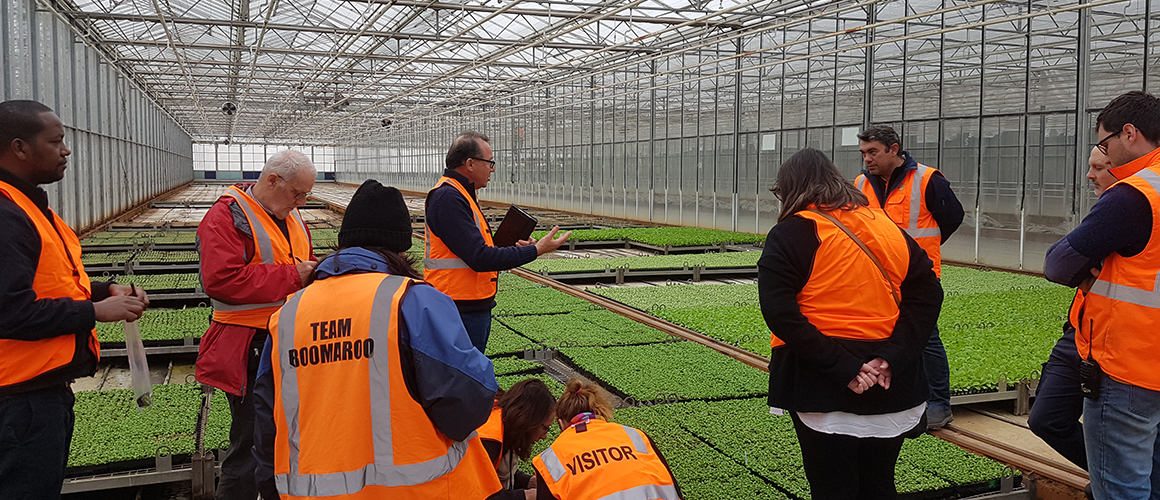
Soilborne Disease Master Class returns for 2018
2 July 2018
New monthly wholesale market veg price summaries available
2 July 2018A new multimillion-dollar research project is improving the protection of Australia’s high-value vegetable industry through increasing its capacity to diagnose and manage viral and bacterial diseases.
Over four and a half years, this project will be looking at controlling viral and bacterial vegetable diseases using area wide management – a strategy that takes a large-scale approach to pest management.
In contrast to traditional management techniques, which can affect resistance and could have the unintended consequence of simply shifting pests between neighbouring properties, area wide management coordinates control tactics over a broad area and multiple premises to keep pest populations below economic impact levels.
This is a co-investment project funded by Hort Innovation using vegetable industry levies and contributions from the Australian Government with co-investment from departments and organisations around the country, including:
- the Queensland Department of Agriculture and Fisheries;
- the Victorian Department of Economic Development, Jobs, Transport and Resources;
- the Northern Territory Department of Primary Industry and Resources;
- the Western Australian Department of Primary Industries and Regional Development;
- the University of Tasmania; and
- the New South Wales Department of Primary Industries.
As this wide range of project participants get their activities under way, they’re relying on strong industry engagement and effective coordination to ensure the success of the management practices that are being implemented.
AUSVEG Biosecurity Coordinator Callum Fletcher recently visited a host of Victorian vegetable farms with bacteriologists, virologists, plant pathologists and agronomists to get boots on the ground and start the conversation with growers about in-field surveillance for a range of plant diseases and their insect vectors.
In Clyde, major growers like Butler Market Gardens, Schreurs & Sons, Arnotts Vegetables and Peter Schreurs & Sons hosted the contingent, who surveyed their issues and discussed the development of area wide management techniques.
The group also visited Werribee, including leading operations like Boomaroo Nurseries, AAA Farms, Mason Brothers, Tripod Farms, Fresh Select and Fragapane Farms.
We appreciate all these operations taking the time to meet with the group and talk about the potential for this project to help the industry manage diseases sustainably through strategic and lowered use of pesticides, innovative use of biological controls and protection of crop resistance genes.
If you’re interested in more information about this levy-funded project, we’ll be publishing a detailed look at its future activities and goals in the upcoming edition of Vegetables Australia, which will be landing in your mailbox in mid-July.
This post appeared in the AUSVEG Weekly Update published 3 July 2018. Subscribe to the Update using our online form to receive the latest industry news in your inbox every week!


